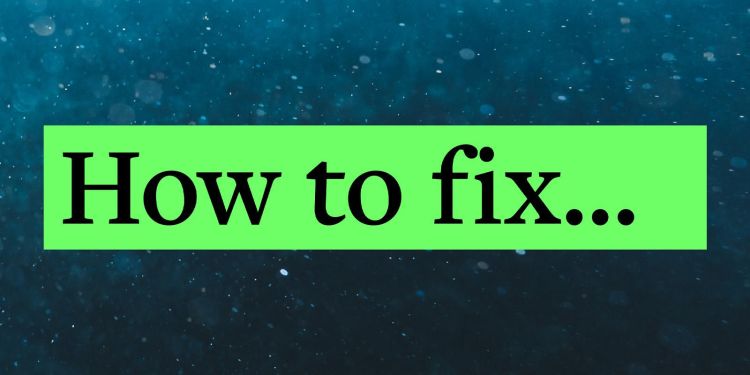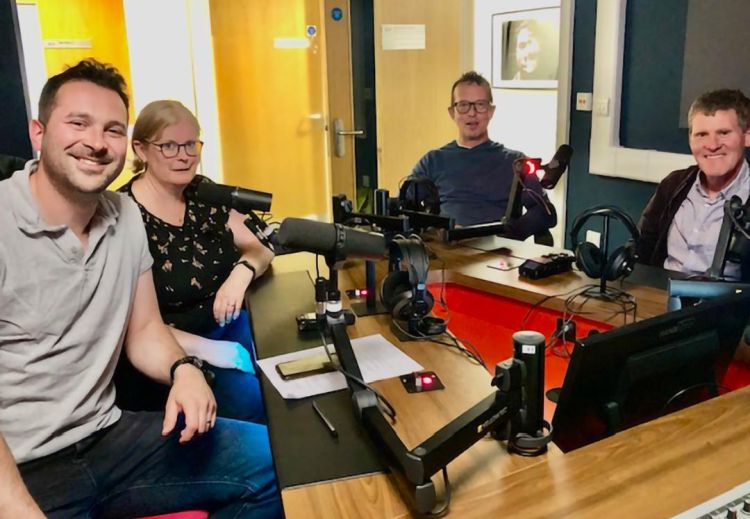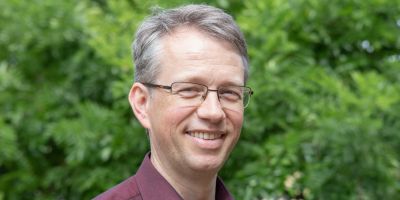Researchers tackle huge global issues in new podcast series “How to Fix...”

Food poverty, fast fashion and how to get to net zero are just some of the issues tackled in a groundbreaking series of podcasts being launched by the University today.
The “How to Fix…” series brings together seven interdisciplinary panels of academics to discuss how their research could help to solve some of the world’s most pressing problems. These podcasts aim to make the University’s research and innovation accessible to as wide an audience as possible.
The episodes, which are being released weekly, start today with one focusing on air quality, featuring the Faculty’s own Professor Cath Noakes, of the School of Civil Engineering, alongside Dr Jim McQuaid from the School of Earth and Environment, and Dr James Tate from the Institute for Transport Studies.
Professor Noakes said: “Exposure to air pollution is one of the biggest environmental determinants for disease in the UK, and as we spend around 90% of our time indoors it is critical that the indoor air is given as much attention as the outdoor air.
“The podcast was a great forum for this, and I really enjoyed talking with expert colleagues about the need to come together to address air quality across all environments.”

L-R: Presenter Rich Williams, Professor Cath Noakes, Dr James Tate, and Dr Jim McQuaid.
Other topics covered by the podcasts are violence Against Women and Girls – with a guest contribution from Alison Lowe MBE, the Deputy Mayor for Policing and Crime in West Yorkshire – as well as fuel poverty and cancer research.
The series is presented by broadcaster and alum Rich Williams, who graduated from the University in 2004 with a degree in Political Studies.
He said: “Hosting this podcast series has been an absolute privilege. To have an ear on conversations between researchers at the University of Leeds who are making a tangible difference to some of the biggest issues we face, has been extraordinary.
“It’s impossible to listen to any of the episodes without feeling a sense of positivity, even in the face of some of the most challenging subjects. Prepare to be uplifted and amazed!”
The School of Electronic and Electrical Engineering’s Professor Pietro Valdastri, Chair in Robotics and Autonomous Systems and Director of the University’s STORM lab, joins Professor Richard Bayliss from the School of Biology and Professor David Sebag-Montefiore from the School of Medicine for the final episode on cancer research.
Professor Valdastri’s team has developed an ultra-soft robotic tentacle, which measures just two millimetres in diameter and can reach some of the smallest bronchial tubes, thus transforming the detection and treatment of lung cancer.
He said: “The podcast was definitely an interesting experience for me to talk about the research I am doing on surgical robots in lay terms.
“It was also extremely exciting to showcase the breadth of high-quality cancer research happening at the University of Leeds.”
The “How to Fix…” series will be available to listen to on both Apple Podcasts and Spotify, beginning today with “How do we clean up our air?”.




